
A united European army remains an illusion, argued Hungarian and regional experts at Tusványos. Citing historical, political, and structural obstacles, panellists instead urged member states to focus on NATO, develop national defence industries, and prepare for a shifting global security landscape.
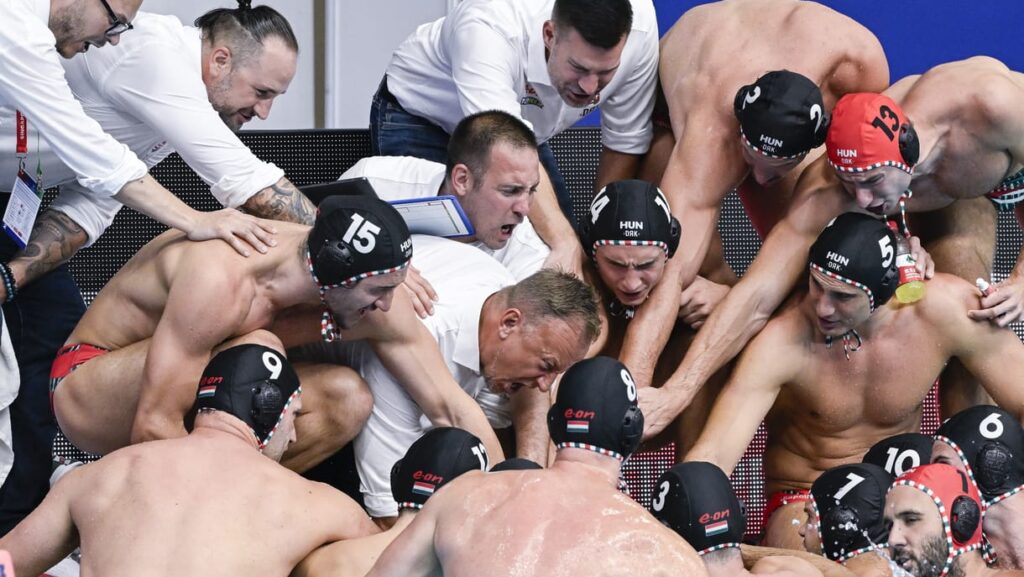
Hungary’s quest to make history in men’s water polo fell just short, as the national team lost 15–13 to Spain in the World Aquatics final in Singapore. Despite a late-game lead, Zsolt Varga’s squad could not hold off the reigning European champions. A win would have secured Hungary a record fifth world title—cementing its legacy as water polo’s undisputed giant.

As the war in Ukraine drags on, experts at Tusványos warned that a definitive peace is unlikely. Panellists debated whether the conflict will freeze like others in the post-Soviet space, and what that means for Europe’s security and Ukraine’s future.

Will Brussels dictate the future of Europe, or can member states reclaim control? A high-profile panel at Tusványos, including Hungarian EU Affairs Minister János Bóka and Rod Dreher, criticized the EU’s centralization drive, arguing that the European Commission now holds more power than many national governments.

‘Russian responsibility in this failure is becoming increasingly clear,’ said Zsolt Németh, referring to the failed peace talks in Ukraine during the opening of the 34th Bálványos Summer Free University. At the same event, State Secretary for National Policy Lőrinc Nacsa also delivered remarks, emphasizing that the Hungarian government stands for Hungarians both beyond and within its borders.
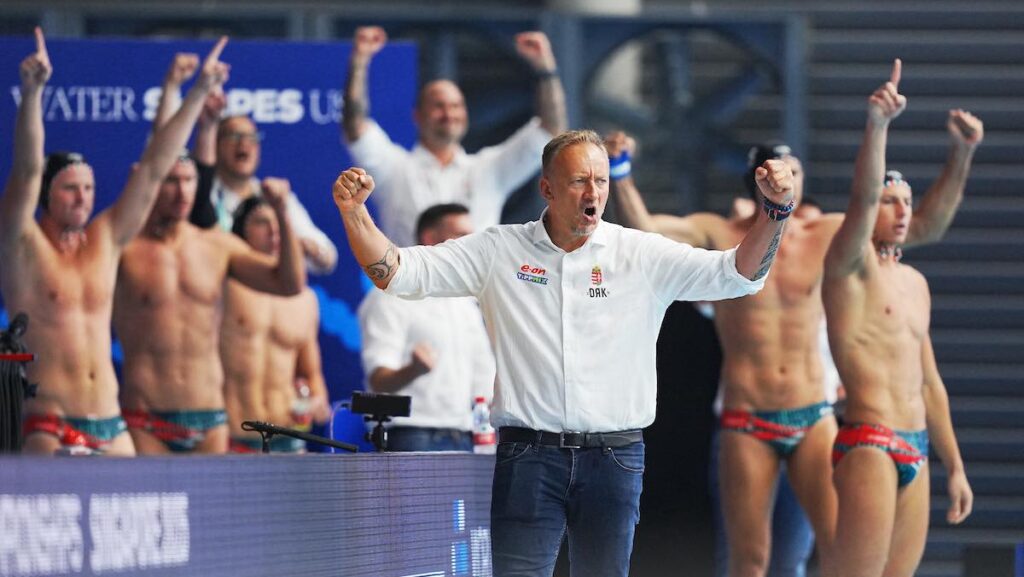
The Hungarian men’s water polo team defeated reigning Olympic champions Serbia in the semi-finals of the World Championships in Singapore, taking a crucial step towards making history by aiming to secure a record fifth world title—an achievement no other country has managed. In the final, the men’s team will face Spain, while the Hungarian women’s team will take on Greece on Wednesday.
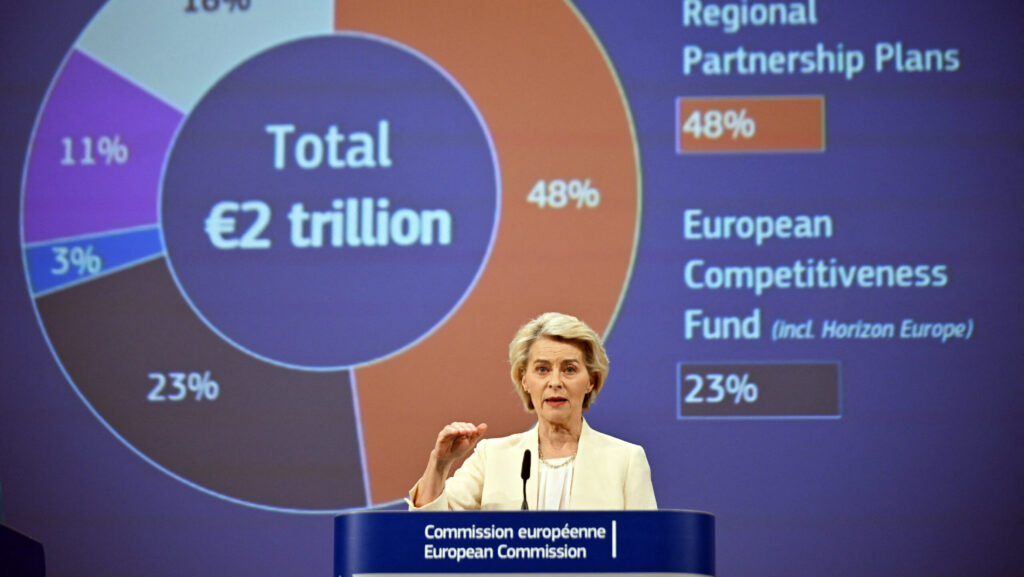
The European Commission’s budget proposal for 2028–2034 has drawn unprecedented criticism from across the European Union—from the European Parliament and member states to NGOs representing a wide range of sectors. In this article, we seek to explain why.
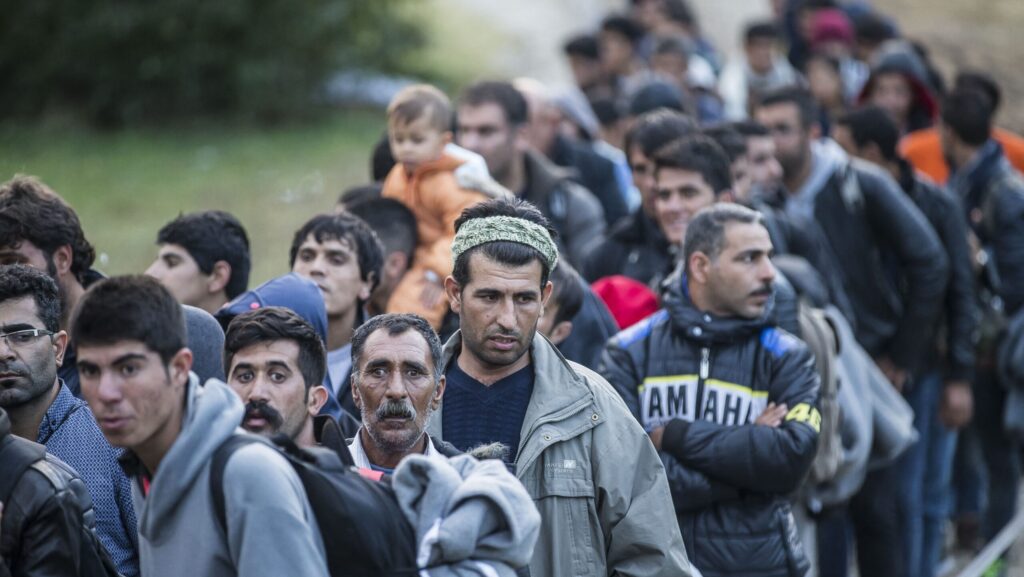
‘Therefore, two Antemurale myths are currently clashing in Europe: one geopolitical and ideological, in which Ukraine is seen as the last bulwark of European civilization; the other cultural and demographic, with Hungary positioning itself as the defender of traditional Western values and Christianity.’
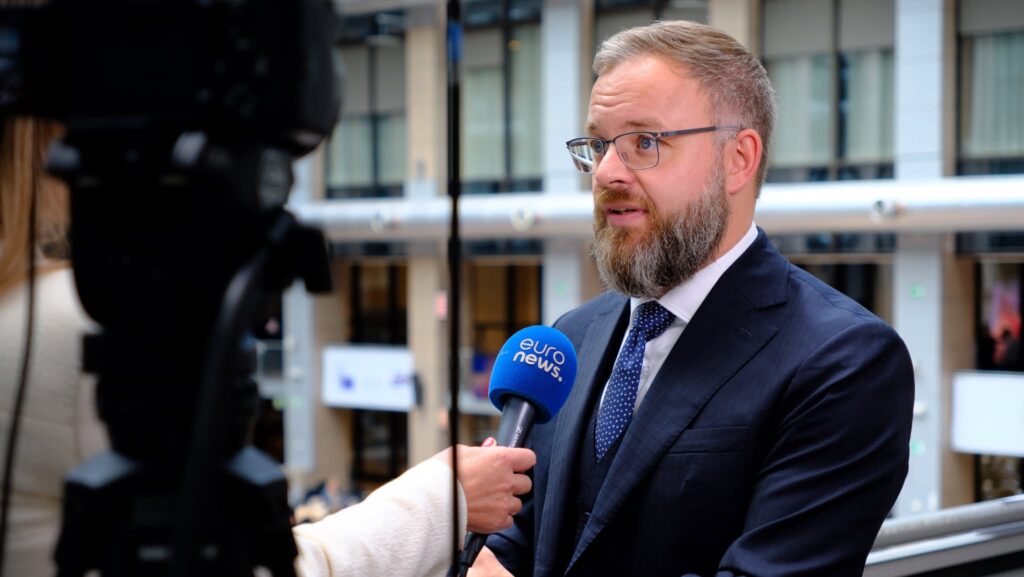
The war in Ukraine is tragic—but it is not Hungary’s war. That was the central message of Balázs Orbán’s interview on CNN, where he criticized the EU for sacrificing stability in pursuit of what he described as an unwinnable proxy. He warned against deeper entanglement in a war that risks becoming Europe’s own—particularly if Ukraine is prematurely admitted into the EU.

The defeated coup attempt in 2016 changed Türkiye forever. One of the most significant legacies of 15 July is the vision of a terror-free country, which later took shape as a concrete initiative, already yielding results such as the disarmament of the Kurdistan Workers’ Party. A more secure Türkiye is not only favourable for the country itself, but also for Europe—and Hungary within it.
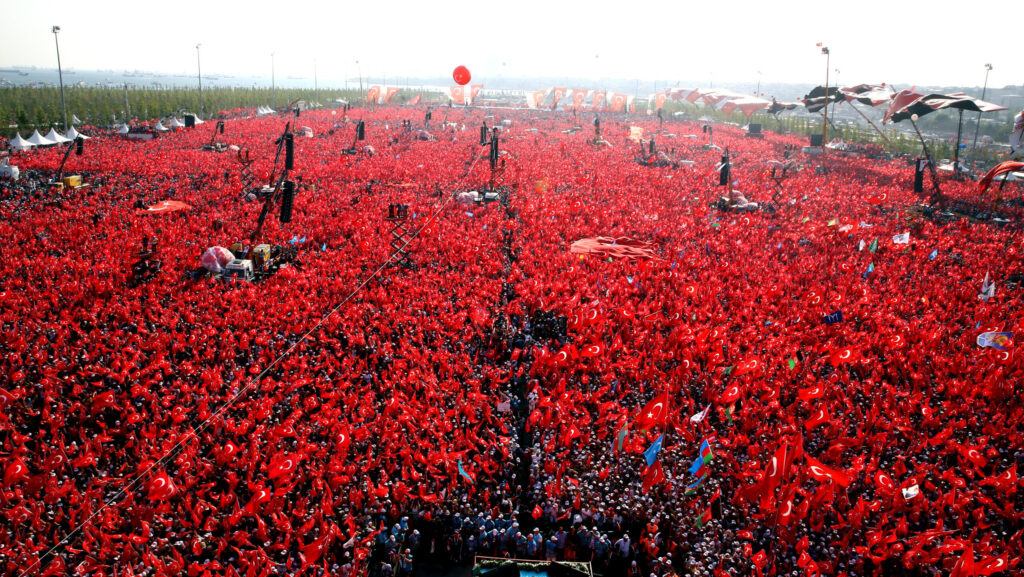
15 July has become a symbol of patriotism and democracy in Türkiye, as the Turkish people have commemorated the 2016 failed coup attempt against President Recep Tayyip Erdoğan every year since. This year, the presidency organized unprecedented international media events to honour the martyrs who lost their lives holding back the putschists.

‘For the Hungarian minority in Romania, Dan’s victory represents a clear political win—particularly given the decisive role the community played in securing it…His proposal to include the Democratic Alliance of Hungarians in Romania (UDMR) in the governing coalition has further reinforced a sense of security among Hungarian voters.’
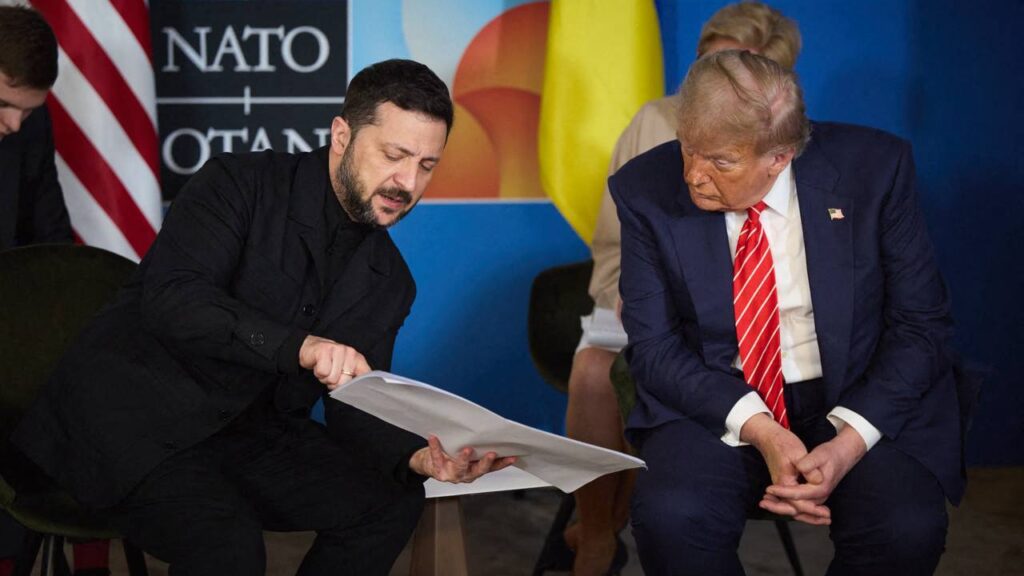
Donald Trump seems to have lost patience with Vladimir Putin regarding peace talks aimed at ending the war in Ukraine, as the US president has shifted his tone and promised increased weapon shipments to Kyiv. It increasingly appears that Trump has been unable to bring peace to Ukraine, just as Volodymyr Zelenskyy failed to deliver on the same campaign promise during his early days as president.

In a statement, the Ukrainian Armed Forces categorically rejected claims that conscription officers killed a Transcarpathian man by beating him to death with iron bars. The army said it is open to an investigation but warned foreign governments against spreading emotionally charged information.
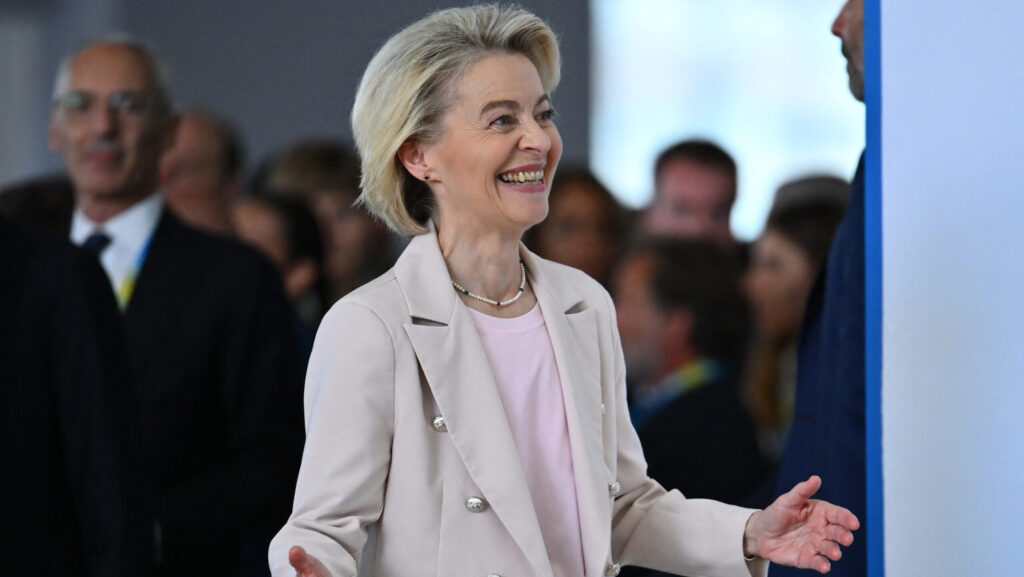
European Commission President Ursula von der Leyen survived a vote of no confidence on Thursday after making significant concessions to left-wing political groups in the European Parliament. Despite the failure of the vote, von der Leyen’s reputation has been seriously damaged, and her hold on power now depends entirely on the will of the left.
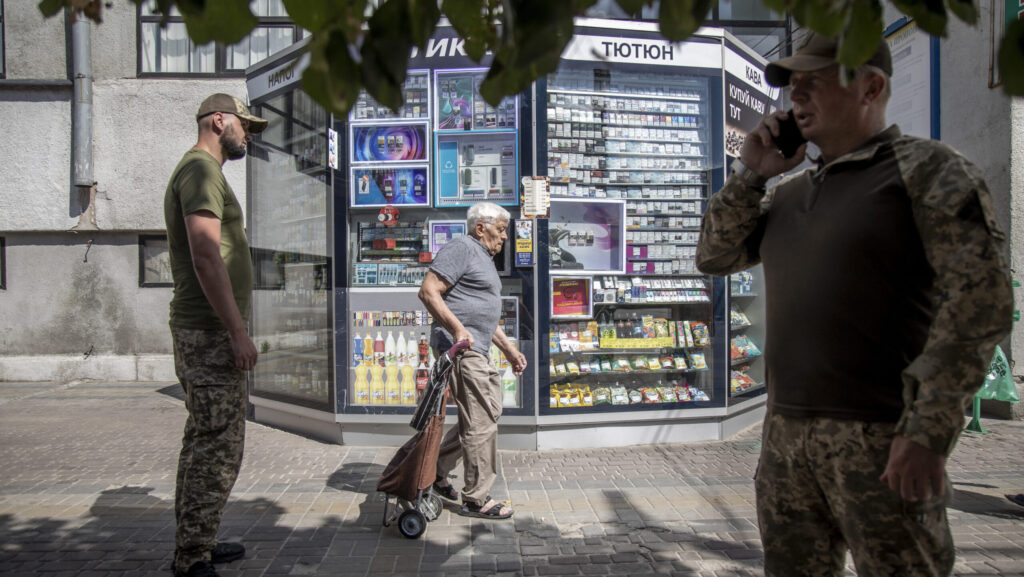
The tragic death of a Transcarpathian Hungarian man, beaten to death with iron bars by Ukrainian conscription officers, has further strained the already tense relations between Hungary and Ukraine. Viktor Orbán expressed his condolences to the man’s family, while Budapest immediately summoned Kyiv’s ambassador to Hungary.
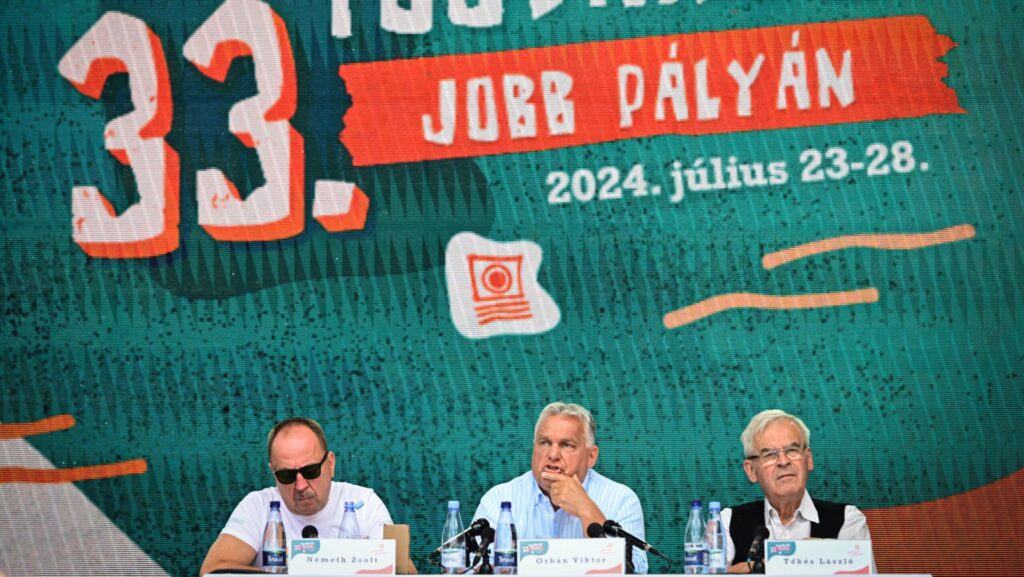
Under the banner ‘You Can Count on Us!’, the iconic Tusványos festival returns to Băile Tușnad, Romania this July, promising political debate, international guests, and Viktor Orbán’s annual speech. The event will foster dialogue amid geopolitical tensions and Hungary’s looming election season.
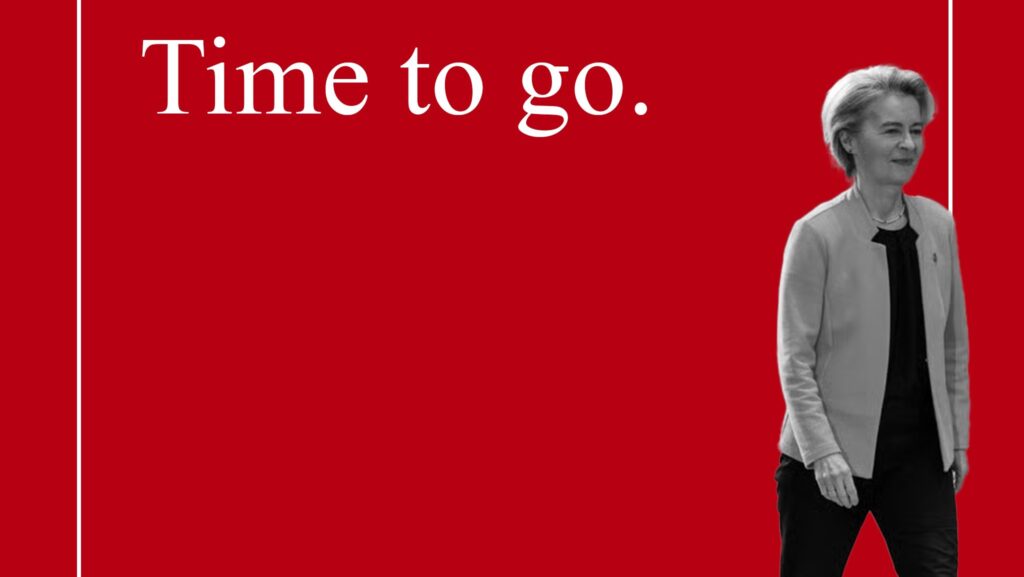
Viktor Orbán has delivered a sharp jab at European Commission President Ursula von der Leyen, posting the infamous ‘Time to go’ meme ahead of her no confidence vote. The image mirrors one the EPP once used against Orbán himself.
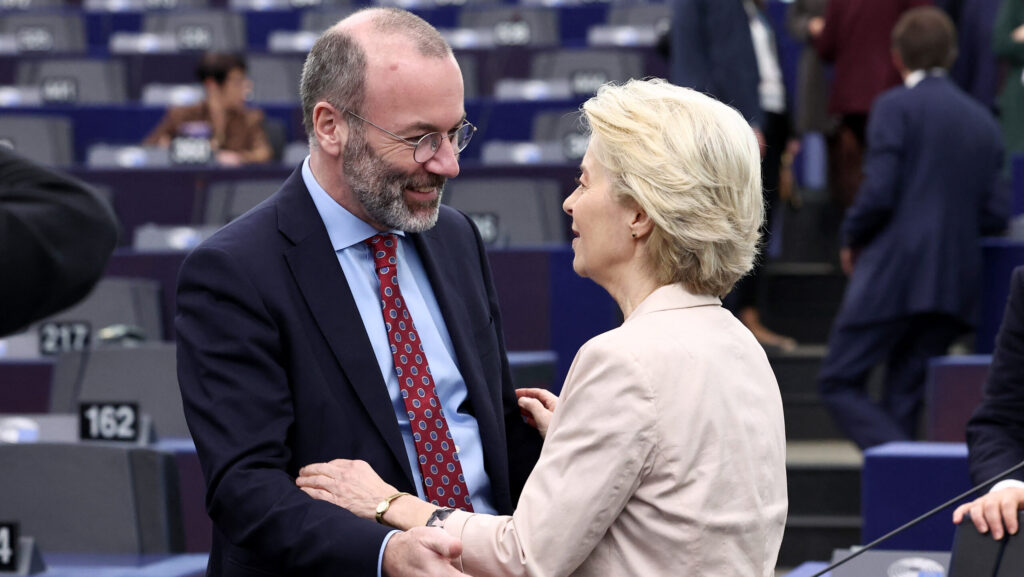
‘The list could go on indefinitely, but the conclusion remains the same: one of the most corrupt leaderships in EU history is attempting to mask its own misconduct by attacking sovereign member states for precisely the same behaviours it engages in.’
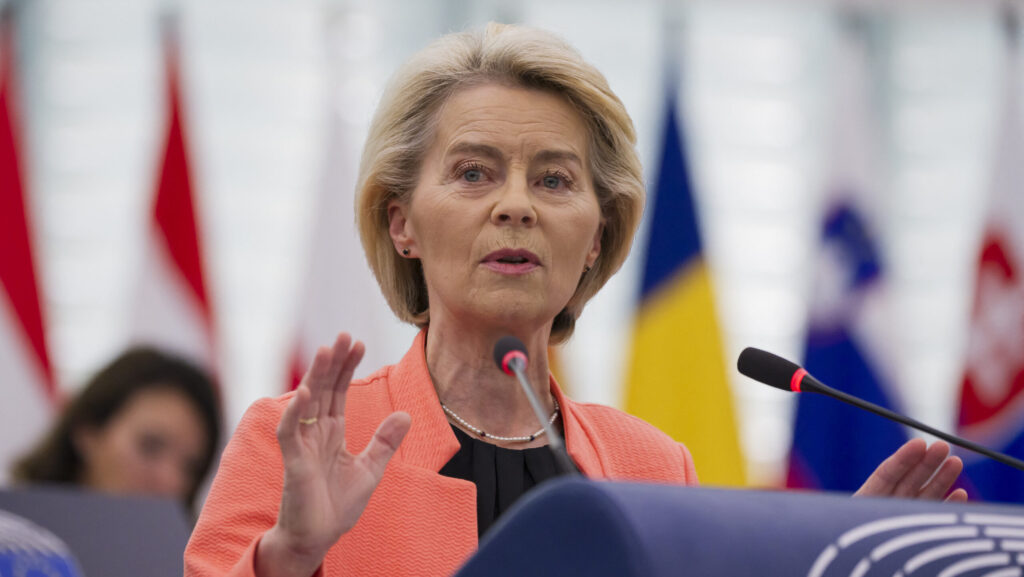
European Commission President Ursula von der Leyen used her speech during Monday’s motion of censure debate not to take accountability for Pfizergate, but instead to frame her political opponents as ‘Putin apologists’ and ‘conspiracy theorists’. The debate laid bare everything that is wrong with EU leadership and the lack of accountability among unelected bureaucrats.
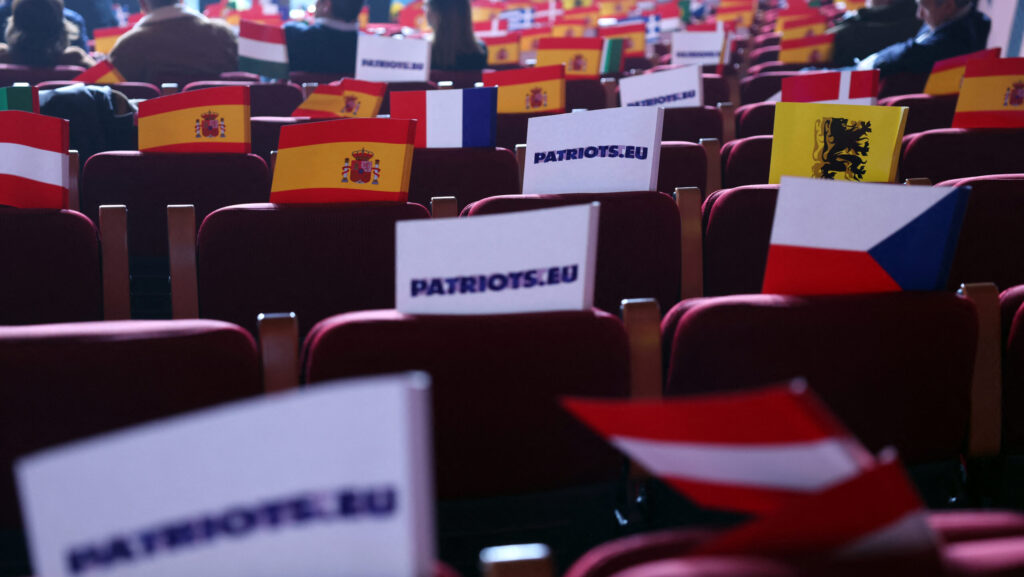
The right-wing political group Patriots for Europe (PfE) will lead negotiations on the EU’s 2040 climate target in the European Parliament. PfE’s rapporteurship is a significant blow to progressive-green forces who have been pushing their aggressive and flawed agenda in recent years, and it represents a clear victory for ordinary European people.
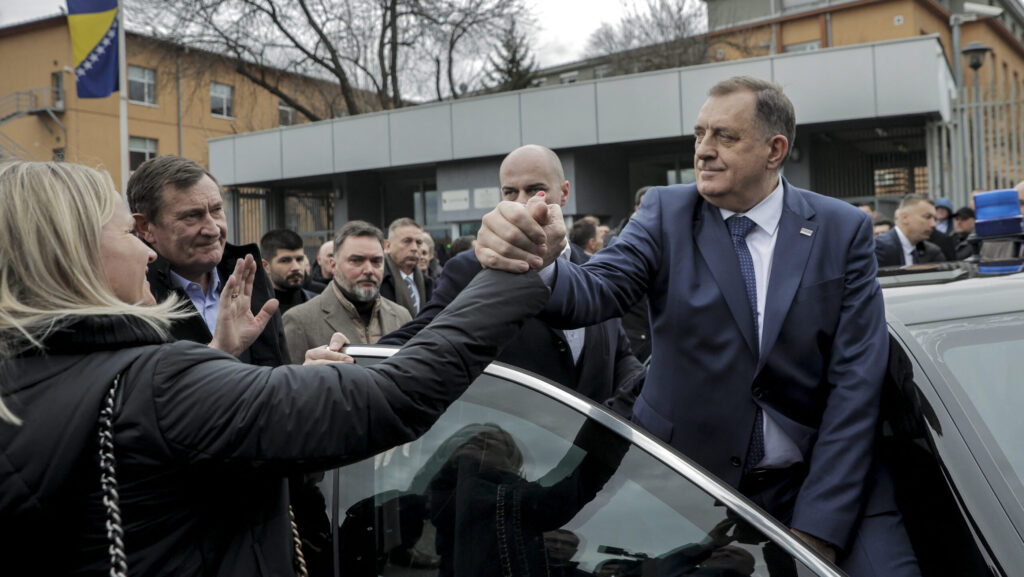
The Court of Bosnia and Herzegovina has lifted both the federal and international arrest warrants issued against Republika Srpska President Milorad Dodik in March. The decision, a significant development in the years-long struggle between federal institutions and Dodik, has been interpreted very differently across the Balkan state.
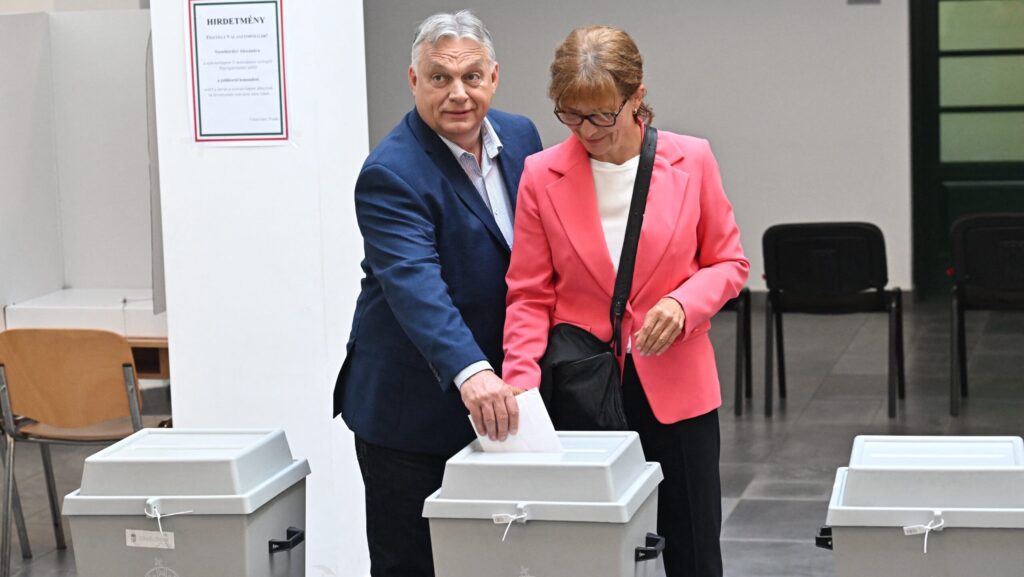
Despite the Hungarian opposition party Respect and Freedom (Tisza) leading in several polls, government-critical political analyst Gábor Török has predicted a narrow victory for Prime Minister Viktor Orbán and his party in 2026.
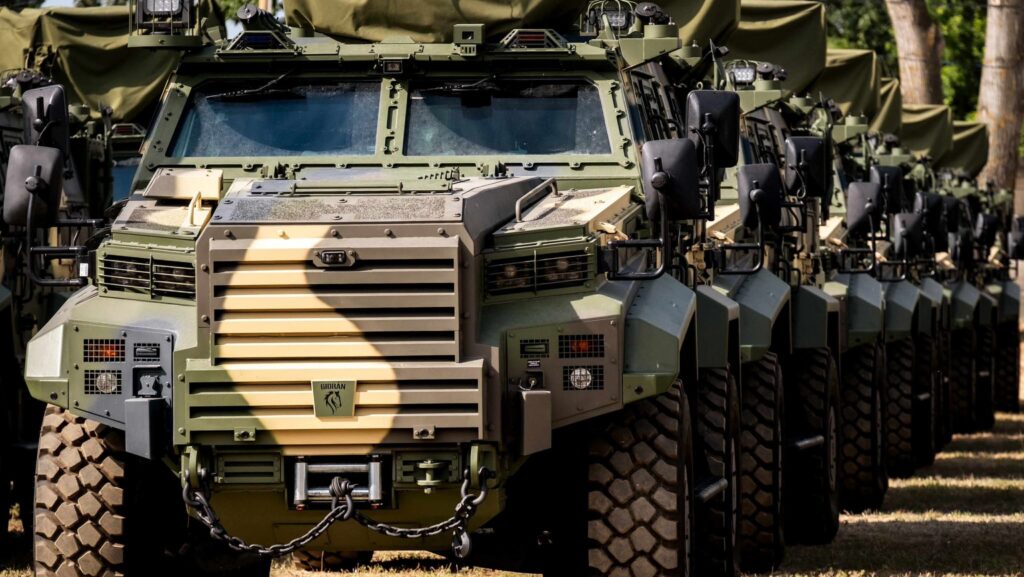
Hungary is expanding its military muscle as Minister of Defence Kristóf Szalay-Bobrovniczky announced the addition of 56 Gidrán combat vehicles, raising the fleet to 106. Developed jointly with Türkiye, these versatile armoured vehicles boast advanced protection and weaponry.
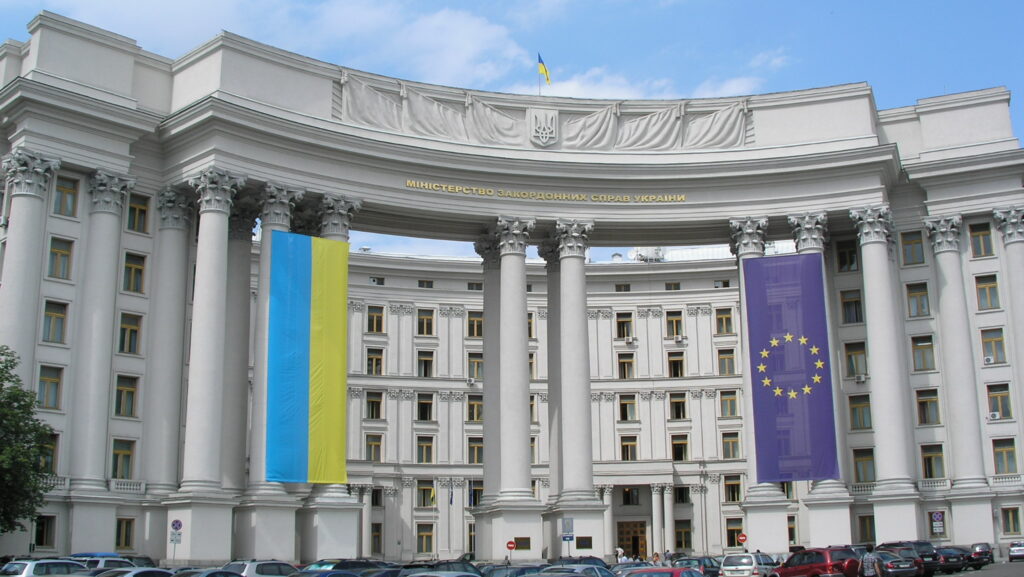
In the latest sign of deteriorating relations, Ukraine’s Ministry of Foreign Affairs has summoned Hungarian Ambassador to Kyiv Antal Hejzer in response to an advertising campaign portraying Hungarian opposition leader Péter Magyar as the ‘Hungarian Zelenskyy’. Ukraine’s EU accession is increasingly becoming a central topic in the electoral campaign for Hungary’s 2026 parliamentary election.

The footballing world has been shaken by the death of Liverpool FC star Diogo Jota on Thursday. Dominik Szoboszlai, who played two seasons alongside the Portuguese forward, bid farewell to his friend in a heartfelt post on Instagram.
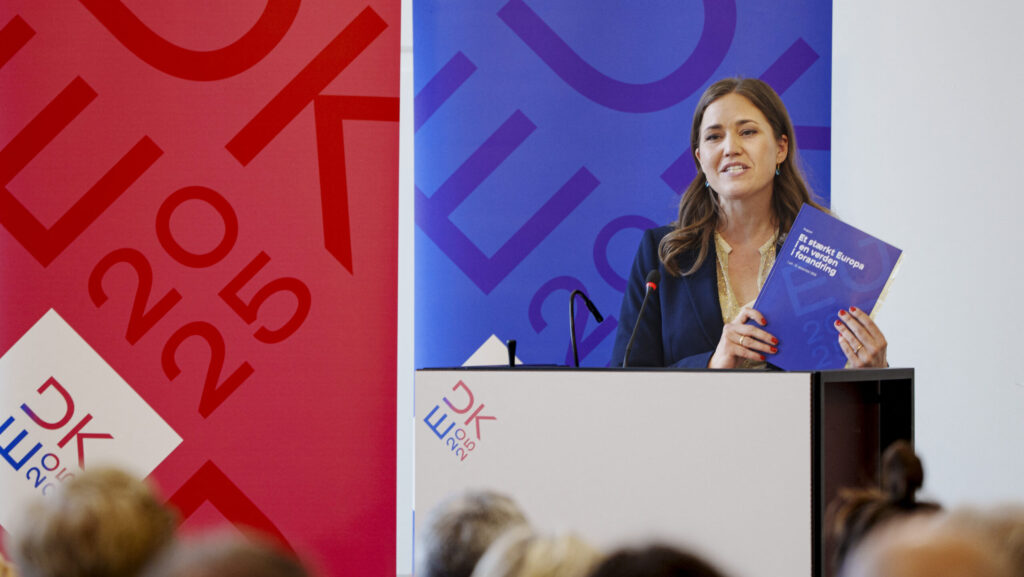
Taking over the rotating presidency of the Council of the European Union, Denmark has promised to exert maximum pressure on Hungary to lift its veto on Ukraine’s EU accession. However, looking back over recent years, there have been several similar threats against Viktor Orbán’s government, and Copenhagen does not have anything new to bring to the table either.
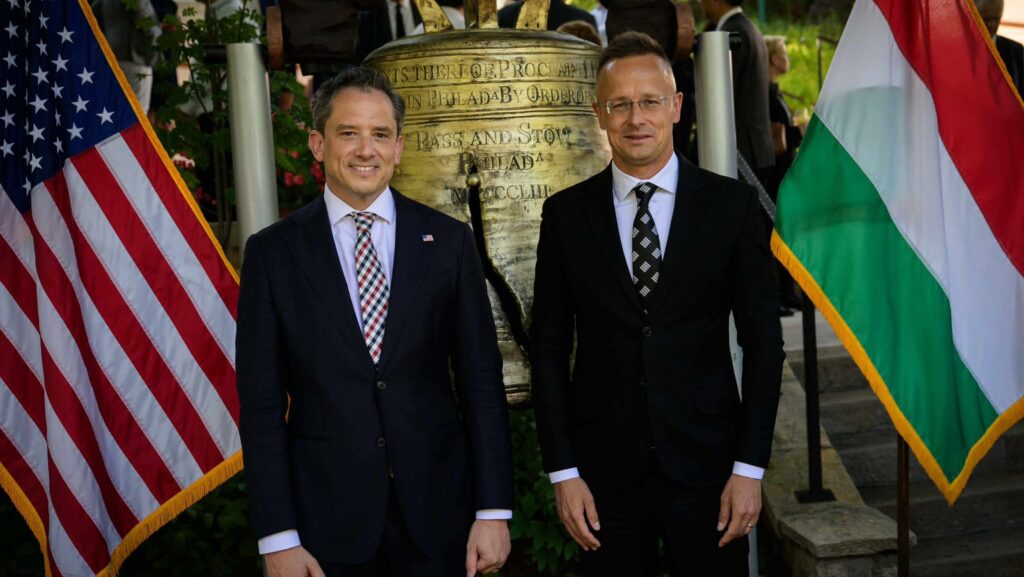
‘The principles of “America first” and “Hungary first” give us the opportunity to elevate our friendship to a level where the sky is the limit,’ Péter Szijjártó highlighted in his speech at the US Embassy reception held on Wednesday to mark American Independence Day.

Hungarian Prime Minister Viktor Orbán has unveiled a new discounted loan scheme offering first-time homebuyers up to HUF 50 million at a fixed 3 per cent interest rate for up to 25 years, aiming to curb rural migration and help families enter the housing market amid rising property prices. The programme applies nationwide with no age limit and requires only a 10 per cent down payment.

On 30 June 2024, Andrej Babiš, Herbert Kickl, and Viktor Orbán announced the establishment of a new political alliance called Patriots for Europe, which soon became the third-largest group in the European Parliament. In this article, we examine PfE’s first year and explore what lies ahead.